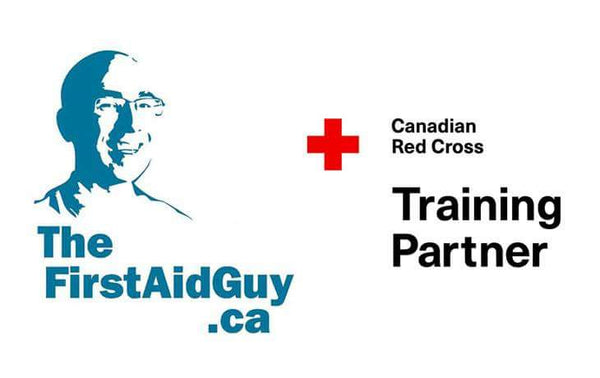The role of first aid in natural disasters and emergencies
Share
Natural disasters and emergencies can strike unexpectedly, leaving communities and individuals in dire situations. In such critical moments, first aid plays a crucial role in providing immediate care and saving lives. Whether it's a hurricane, earthquake, flood, wildfire, or any other natural disaster, being prepared with first aid knowledge and skills can make a significant difference in mitigating the impact of the disaster and ensuring the well-being of those affected. In this blog post, we will explore the vital role of first aid in natural disasters and emergencies.
-
Initial Assessment and Triage: When a natural disaster or emergency occurs, the first step in providing effective first aid is to conduct an initial assessment and triage. This involves evaluating the situation and prioritizing the care based on the severity of injuries or conditions. Triage helps in identifying those who require immediate medical attention and those who can wait, allowing for efficient allocation of limited resources in chaotic situations.
-
Basic First Aid Techniques: Basic first aid techniques can be invaluable in providing initial care during natural disasters and emergencies. This can include CPR (Cardiopulmonary Resuscitation) for individuals who are not breathing or do not have a pulse, controlling bleeding using direct pressure, splinting fractures, treating burns, managing shock, and providing comfort and emotional support to victims.
-
Emergency Medical Assistance: In some cases, natural disasters or emergencies may overwhelm the available resources, and professional medical help may not be readily available. In such situations, first aid may be the only medical care that can be provided immediately. It is essential to know how to call for emergency medical assistance and provide relevant information, such as the location, number of victims, and nature of injuries or conditions.
-
Disaster Preparedness: Being prepared before a natural disaster or emergency occurs can significantly impact the effectiveness of first aid response. This includes having a well-stocked first aid kit, knowing the location of emergency shelters and medical facilities, understanding evacuation routes, and being familiar with local emergency response protocols. Being prepared can save time, resources, and lives during critical situations.
-
Psychological First Aid: Natural disasters and emergencies can be traumatic events that not only cause physical injuries but also have a psychological impact on survivors. Providing psychological first aid, such as active listening, offering comfort, and providing emotional support, can help individuals cope with the aftermath of a disaster and reduce the risk of long-term psychological distress.
-
Post-Disaster Recovery: First aid continues to play a crucial role in the post-disaster recovery phase. This includes providing ongoing medical care to injured individuals, managing infectious diseases, addressing mental health needs, and supporting the rebuilding and restoration of affected communities.
In conclusion, first aid is a critical component of disaster response and emergency preparedness. It plays a vital role in providing immediate care, saving lives, and mitigating the impact of natural disasters and emergencies. Being knowledgeable and skilled in first aid, along with being prepared, can make a significant difference in effectively responding to emergencies and supporting the recovery of affected communities. It is essential to prioritize first aid training and preparedness to be better equipped to respond to natural disasters and emergencies and safeguard the well-being of those in need.
You can register for a First Aid course at www.TheFirstAidGuy.ca
